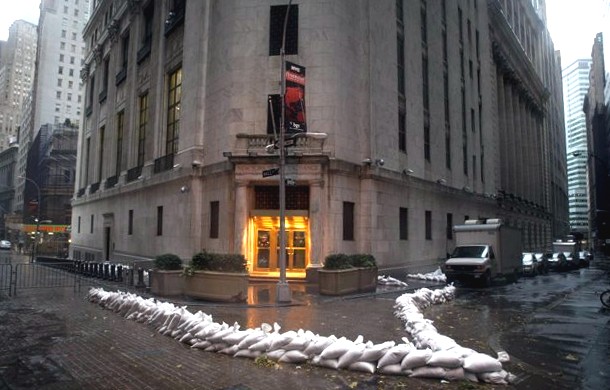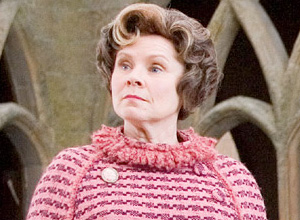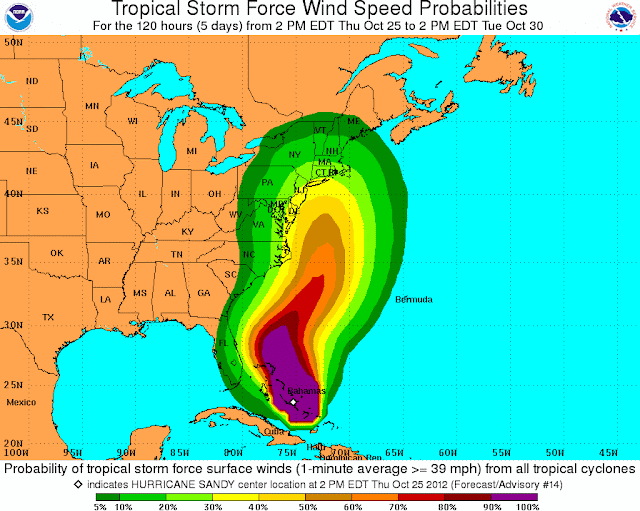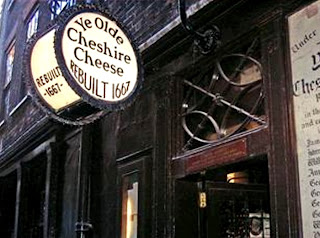"All war is based on deception. Of all those close to the commander, none is more intimate than the secret agent; of all rewards none more liberal than those given to secret agents; of all matters none is more confidential than those relating to secret operations."
Sun Tzu
"Let Hercules himself do what he may,
The cat will mew, and dog will have his day."
William Shakespeare, Hamlet
There is a currency war underway.
The international trade clearing mechanisms are tottering. Countries are using their economic power, their banks and currencies, as a part of overall foreign as well as domestic policy.
This is a huge source of the tensions and problems which are are seeing both economically and militarily in the world today.
The current trade system based on the US dollar reserve currency is not sustainable. It has had a good long run, but like the euro it has reached the end of its rope. The US cannot continue to print enough money and increase its debt balance through trade any further. See
Triffin Dilemma. Yes I am familiar with Eichengreen's counter argument.
And I am also aware of the already written and vetted proposals for a 'single world currency' with independent local governments, an arrangement which is even more fallacious and ill founded than the euro. Yes I know that there could be a series of agreements that could kick this down the road five or ten years. But something has got to give. The charade is getting a bit thin but the deception must go on.
I still think the only tenable solution, if one still wishes to cling to the notion of 'free trade' internationally, is an SDR based on a wider basket of currencies with a gold and silver component. And I am of the opinion as you know that much of these international theatrics and sword hammering is just the 'negotiations' phase with regard to the composition of the new SDR, and the ownership of its maintenance.
There are some who would treat the dollar as an arm of the military strategy, but that becomes a bit dramatic, in the Dr. Strangelove sense, but is nevertheless a good source of Defense Department consulting fees for those who promote the idea.
And I would hope that it goes without saying that the currency war is intimately tied in with the oil/energy situation, via the petrodollar. If you are going to send your country into multiple preemptive wars, one might take the time to understand the reasons why they are doing it. It is about the oil, and the positioning for it.
The problem is that there is no mechanism in place to bring the disputing parties together for an expedient resolution, given their conflicting interests. And those interests run deep, particularly for the Anglo-American banking cartel in NY and London. The dollar is the basis of their power.
And so we are locked in a 'currency war,' a resolution of differences in interest by other, less destructive, means than war itself. After all, nine-tenths of diplomacy is economic, if money is power.
If this notion is alien to you, then one can sympathize, because it is like watching an opera in a foreign tongue without a
libretto to help you to understand the action on the stage. To have such knowledge of the basic plotline might not only help your understanding, it could be good for your investment portfolio. For in this currency war, your accounts and your savings are
cannon fodder.
If you wish to read one pivotal post on the subject read the first part of this:
Currency Wars.
If you click on the label
'currency wars' at the bottom of this post, it will bring up all the other posts here that touch on that subject, some admittedly only tangentially.
I think the currency war will intensify quite a bit before it resolves. I have been tracking this since 1999. It is the reason I first became interested in gold. I went looking for something like it, and only gold really fit, and to a lesser extent silver.
Gold and silver are intimately involved in the unfolding currency war, because they take no sides, and have no counterparty risk. No one can print them. And this is why I think GATA is right, not because of the evidence they have, which is more substantial than one might suspect given obsessive secrecy and the disinformation campaigns, but because it is exactly what one would do if there was to be a currency war, and such things as gold and silver existed. It is basic strategy of war: seek to control the high ground. And along with oil, gold and silver are strategic high ground in a currency war. And the first victim in a war is the truth.
If one does not understand these things, and the scope of what is happening with the dollar and the euro, then the significance of the important things that are happening will be missed and dismissed. People will connect the dots that they see and draw their pictures accordingly and they will be wrong. And what is particularly Machiavellian is that some of that is being done by intent.
And even with all sorts of technical trading knowledge, one will be in the dark, literally be fighting 'the last war,' in their understanding of what is happening in the world as it is today.
















































